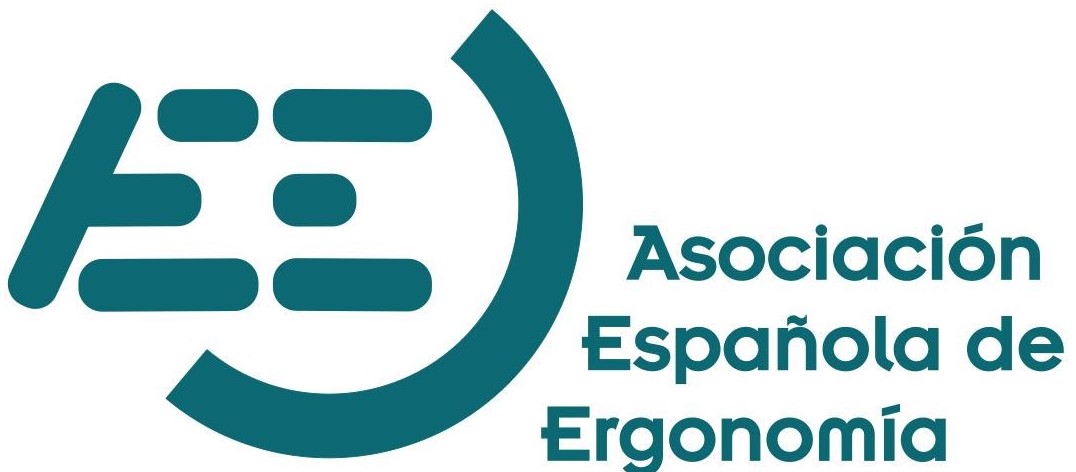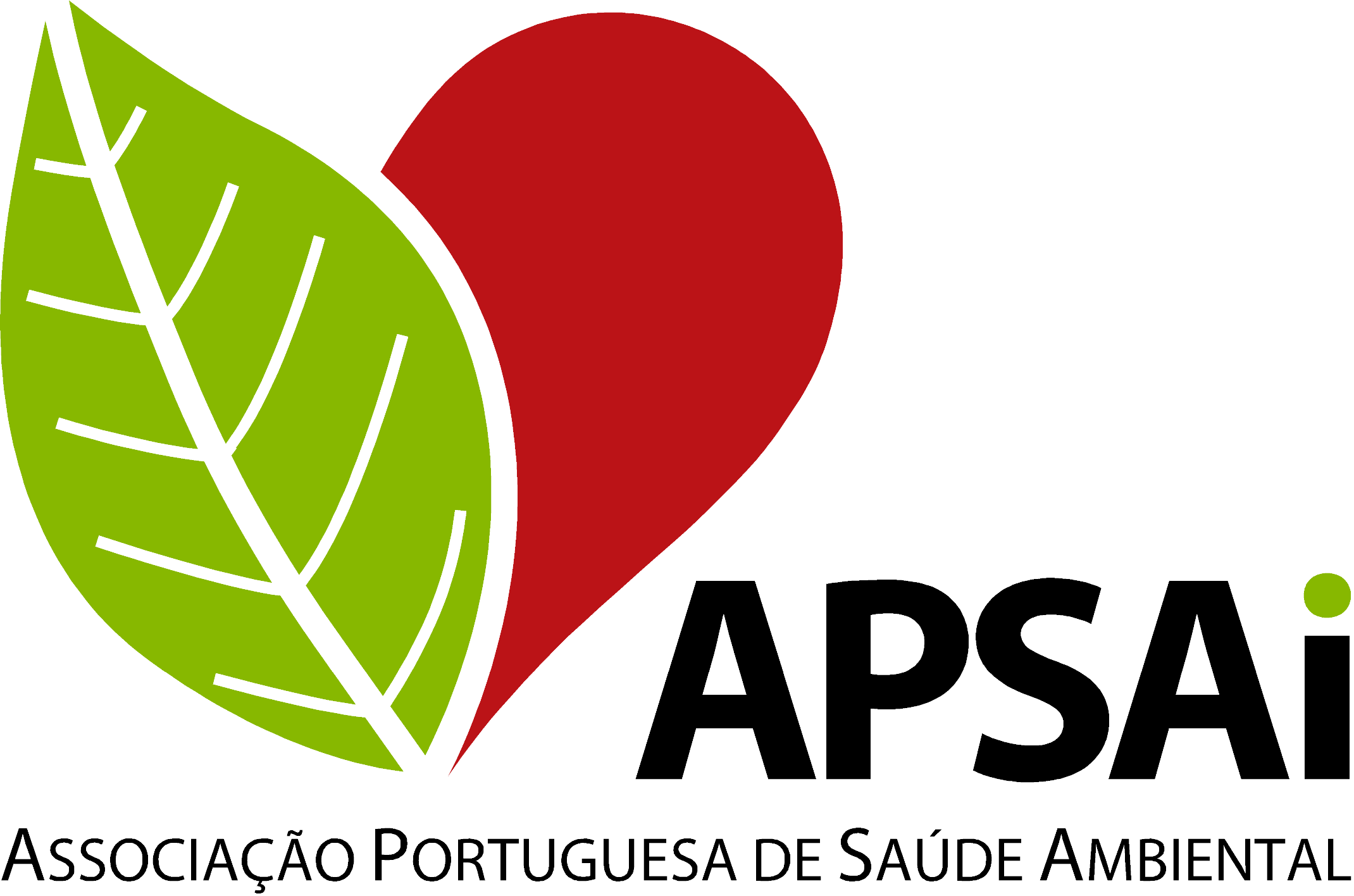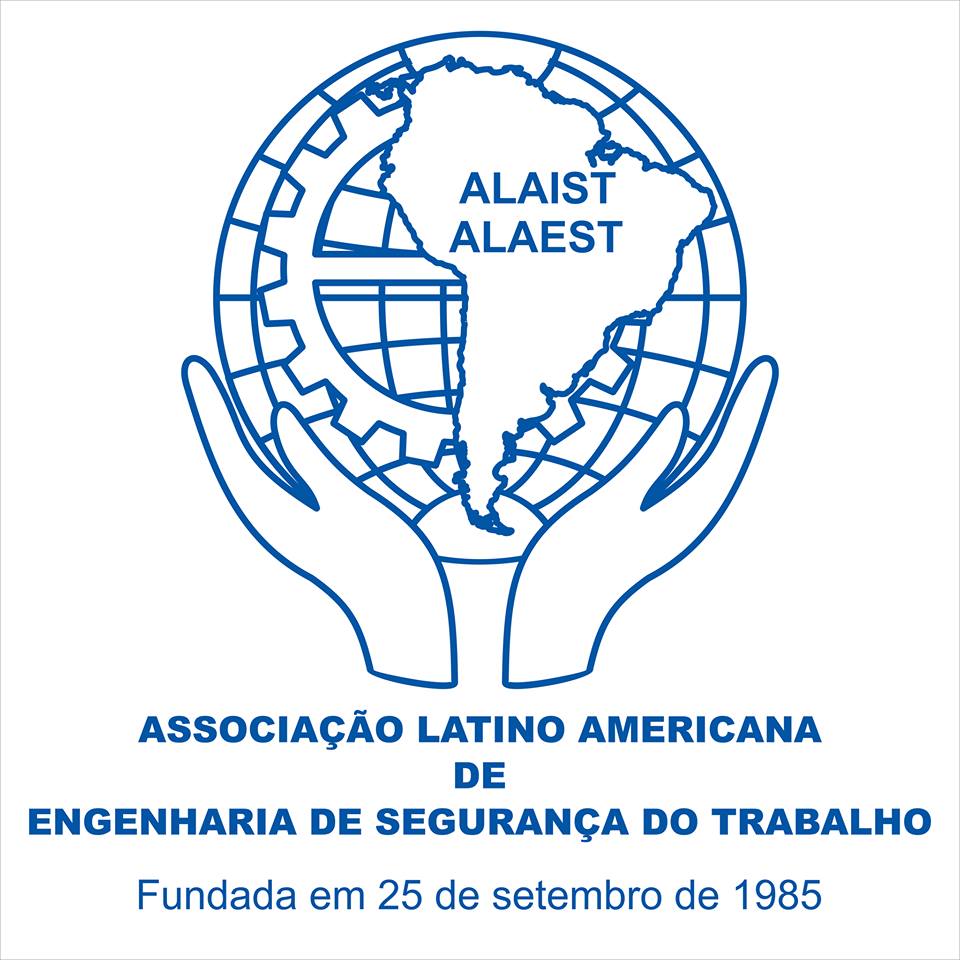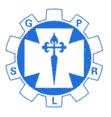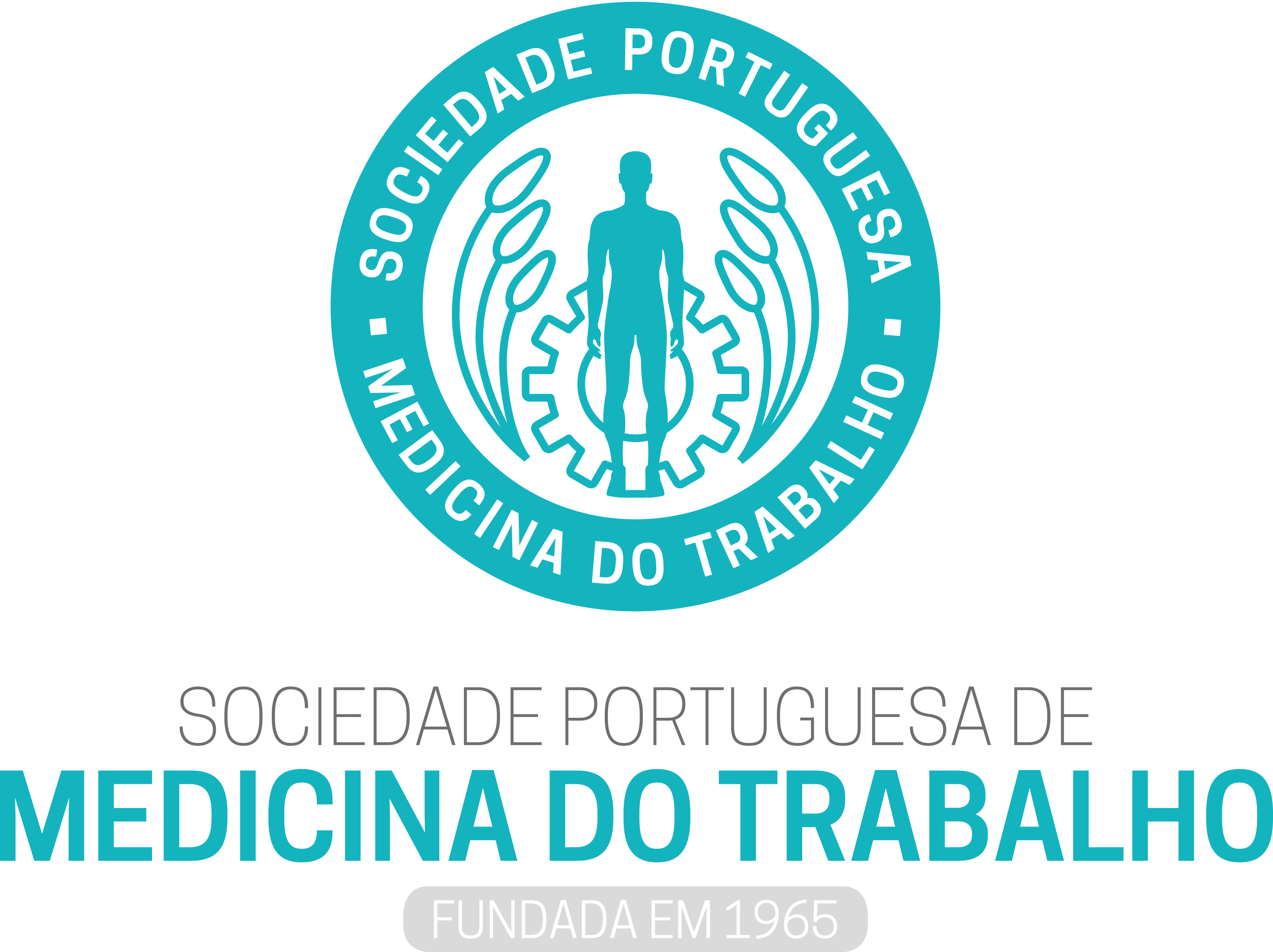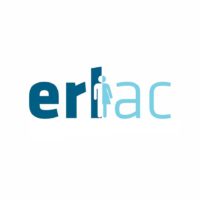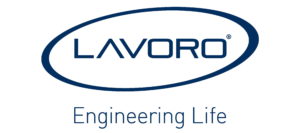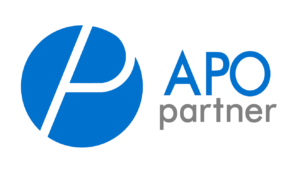Dear speakers, Dear participants,
Due to the increased requests from our colleagues and researchers to attend the conference virtually and following the official Portuguese General Direction of Health advice during this COVID pandemic, the SHO 2020 Organising Committee has decided to move to a virtual event.
The symposium will be taking place virtually on an online platform over the same dates as previously announced: 16-17th July 2020.
The Organising Committee is working collaboratively to ensure the quality of the virtual event.
The SHO 2020 will be available for receiving your presentation files in preparation for the virtual meeting.
Further details on presentations and posters will be soon announced.
Any questions, please send them to sho2020@sposho.pt
We look forward to welcoming you to SHO 2020 Virtual Symposium.
Kind regards
A. Sérgio Miguel
SHO 2020 Virtual Symposium

Postponement of SHO 2020 for reasons related to the protection against the Covid 19 virus
Dear speakers, Dear participants, Dear All,
For reasons related to the protection against the Covid 19 virus, including recommendations from the General Direction of Health and the University of Porto, the postponement of SHO 2020 was imposed on the Management Board of SPOSHO. The new dates will be 16 and 17 July 2020.
Obviously, the registrations already made are maintained. Soon, registration periods will be indicated for new participants.
We know that this decision will cause inconvenience for many and have negative financial consequences for some, but we believe it would be irresponsible to act in any other way, given current circumstances.
The health and safety of event speakers, attendees, staff, suppliers as well as that of the citizens of Porto, in general, is and must remain our top priority.
Porto, 6th March 2020
Alberto Sérgio Miguel
SPOSHO Chairman
PROGRAM
The SHO2020 edition will have a new format:
July 16
Keynote sessions and presentation slots will occur all day.
July 17
Keynote sessions and presentation slots will occur all day.
INVITED SPEAKERS

Franco Dutto
How to create a Sustainability “monoculture” in a multinational and multiethnic Company
Franco is a Doctor in Law, from the University of Parma (Italy), Master in Business Administration – School of Management – Torino (Italy) and Doctor in Human Resources – from the EU-Japan Center for Industrial Cooperation – Tokyo (Japan). He’s also a Six Sigma Green Belt, certified by the Michigan State University (USA). Since July 2014 he works at the Japanese company Tsubaki-Nakashima (3,5 K+/- employees full time, 19 plants in the world, 700 M$ revenues). Franco is a master of his craft with over 30 years managing Human Resources and Sustainability at a global level. He balances his personal interaction with understanding the individuals needs with the corporation’s vision. Strategic, Global & Multilingual Executive, with experience working at the C-Suite and Board of Directors level for large, global, industrial manufacturers and organizations. Strong background driving global transformational initiatives and aligning HR, Compliance and Sustainability strategies to achieve business objectives. Proven leader in managing and leading Organizational Design/Organizational Effectiveness & Change programs with a track record of increasing organizational efficiency. Deep experience in leading / executing across cultures and countries that drive business results, as well as in managing employee and labor relations globally. Some of his previous roles included: Jan 2018 to present: Tsubaki Nakashima – Vice President HR, Compliance and Sustainability – Executive Officer – Corporate Management Committee Member; Jan 2017 – December 2017: Precision Bearing Components – NN Inc. – Group HR & EHS Director; Jan 2015 – Dec 2016: NN Inc. – PBC – Global Balls Division – Divisional HR & EHS Director; Jul 2014 – Dec 2015: NN Inc. – NN Europe Spa – HR & EHS Manager – Italy and Skovakia. From 2011 – 2014: Ergonauta – Torino and Centro Italiano di Ergonomia – Pisa (Consulting Companies in Ergonomics & Production Efficiency) and General Manager. From November 1999 – April 2010 – ITT – Friction Technologies (2 K+/- employees full time, 6 plants and 2 R&D Centers, 1.500 M$ revenues) as the Global HR and EHS Director.

Waldemar Karwowski
Human Interactions with Artificial Intelligence and Occupational Safety
Waldemar Karwowski, Ph.D., D.Sc., P.E. is Pegasus Professor and Chairman, Department of Industrial Engineering and Management Systems and Executive Director, Institute for Advanced Systems Engineering, University of Central Florida, Orlando, USA. He holds an M.S. (1978) in Production Engineering and Management from the Technical University of Wroclaw, Poland, and a Ph.D. (1982) in Industrial Engineering from Texas Tech University. He was awarded D.Sc. (dr habil.) degree in management science by the State Institute for Organization and Management in Industry, Poland (2004). He also received honorary doctorate degrees, including: Doctor of Science from South Ukrainian State Pedagogical University, Odessa, Ukraine (2004), Doctor in Engineering, Technical University of Kosice, Kosice, Slovakia (2006), and Doctor in Engineering (Honoris Causa), Moscow State Institute of Radio, Electronics and Automation (MIREA Technical University), Moscow, Russia (2007). He is Past President of the International Ergonomics Association (2000-2003), and past President of the Human Factors and Ergonomics Society (2007). Dr. Karwowski served on the Committee on Human Factors/Human Systems Integration, National Research Council, the National Academies, USA (2007–2011). He has over 500 publications focused on human systems integration, performance, safety, systems engineering, human-centered-design, neuro-fuzzy systems, soft computing, nonlinear dynamics, and neuroergonomics. Dr. Karwowski serves as Co-Editor-in-Chief of Theoretical Issues in Ergonomics Science journal (Taylor & Francis, Ltd), and Editor-in-Chief of the new journal on Human-Intelligent Systems Integration (Springer).
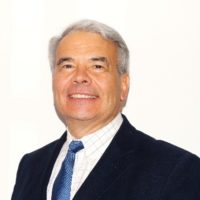
Fernando Piedade Carvalho
Ionizing Radiations in Occupational Environments and Current Challenges
Principal Investigator of the Instituto Superior Técnico (IST/CTN), University of Lisbon, Sacavém, Portugal. In charge of the environmental radioactivity monitoring programme in regions of former uranium mining in Portugal, has extensive work in the field of environmental radioactivity and radiation protection. Former staff member of the International Atomic Energy Agency and Head of the Marine Environmental Studies Laboratory of the IAEA/UNEP/UNESCO in the Principality of Monaco. IAEA consultant for environmental radioactivity and monitoring matters and radiation protection programmes. Former Director of the Department of Radiological Protection and Safety, Instituto Tecnológico e Nuclear (ITN), Portugal. Author of near two hundred scientific publications, Co-Editor of the book “Pesticide Residues in Coastal Tropical Ecosystems. Distribution, Fate and Effects”, Publ. Taylor and Francis, London, 2003. Co-author of several books, such as «The Environmental Behaviour of Polonium», Pub. IAEA, Vienna, 2017, and «The Environmental Behaviour of Uranium» (in press).

José Aidos Rocha
The new paradigms of fire safety
José Aidos Rocha has a Degree in Civil Engineering from the Military Academy. He holds a Postgraduate Degree in Fire Protection of Buildings by the Faculty of Science and Technology of the University of Coimbra and National Laboratory of Civil Engineering. He was awarded the title of Specialist in “Safety Engineering” in May 1999 and the Professional Qualification of “Senior Engineer” in May 2002 by the Order of Engineers. He has been a member of the National Fire Protection Association (NFPA) since September 1999, and a member of the Safety Engineering Specialization Committee of the Order of Engineers since the 2010-2013 triennium. He taught the Fire Prevention and Protection (academic years of 1998/99 to 2009/10) and Emergency Organization (2004/05 to 2008/09) courses at the Occupational Safety Degree at the University Institute of Maia. He participates regularly as a trainer and speaker in various training sessions, seminars and colloquia. He is the author of the book “Segurança contra Incêndio em Edifícios – Regulamentação Ilustrada e Anotada”. He currently leads the Exactusensu team that has developed over 200 Fire Safety Projects and over 250 Self-Protection Measures in the last 3 years.
COMMITTEE
Chairman
Secretary
Organizing committee
Gonçalo Perestrelo, SPOSHO
J. Santos Baptista, FEUP
Mónica Barroso, University of Minho
Nélson Costa, University of Minho
Patrício Cordeiro, University of Minho
Paula Carneiro, University of Minho
Rui Melo, University of Lisbon
International scientific committee
A. Sérgio Miguel | Universidade do Minho/FEUP, Portugal
Alberto Villarroya López | Hospital Lucus Augusti, Servizo Galego de Saúde, Spain
Alfredo Soeiro | Universidade Porto – FEUP, Portugal
Ana C. Meira Castro | ISEP, School of Engineering of Polytechnic of Porto (ISEP), Portugal
Ana Colim | University of Minho, Portugal
Ana Ferreira | Polytechnic Institute of Coimbra, Environmental Health, Portugal
Anabela Simões | Universidade Lusófona, Dep. de Aeronáutica e Transportes, Portugal
Angela C. Macedo | University Institute of Maia (ISMAI), Portugal
Angélica S. G. Acioly | Federal University of Paraiba, Brazil
Anil R Kumar | San Jose State University, USA
Anna S P Moraes | University of Minho, Portugal
Antonio J. Cubero Atienza | Cordoba University (Spain). Dept. of Rural Engineering, Spain
Antonio López Arquillos | University of Málaga, Spain
António Oliveira e Sousa | University of Algarve, Institute of Engineering (ISE), Portugal
António Pereira de Oliveria | APOPARTNER, Portugal
Beata Mrugalska | Poznan University of Technology, Fac. Engineering Management, Poland
Béda Barkokébas Junior | University of Pernambuco, Brazil
Bianca Vasconcelos | University of Pernambuco – UPE, Brazil
Camilo Valverde | Católica Porto Business School – Univ. Católica Portuguesa, Portugal
Carla Barros | Fernando Pessoa University, Portugal
Carla Viegas | ESTeSL-IPL, Portugal
Catarina Silva | Faculty of Human Kinetics, University of Lisbon, Portugal
Celeste Jacinto | Faculty of Science and Technology, NOVA University of Lisbon, Portugal
Celina Pinto Leão | School of Engineering of University of Minho, Portugal
Cezar Benoliel | Latin American Association of Safety at Work Engineering, Brazil
Cristina Madureira dos Reis | University of Trás-os-Montes and Alto Douro, Portugal
Delfina Gabriela G Ramos | School of Engineering of Porto (ISEP), Polytechnic of Porto, Portugal
Denis A. Coelho | C-MAST, DEM – Universidade da Beira Interior, Covilhã, Portugal
Divo Quintela | ADAI – LAETA, University of Coimbra, Portugal
Duarte Nuno Vieira | Faculty of Medicine, University of Coimbra, Portugal
Eliane Maria Gorga Lago | University of Pernambuco, Brazil
Ema Sacadura Leite | CHLN Occupational Department, ENSP-New University of Lisbon, Portugal
Emília Duarte | IADE – Universidade Europeia, UNIDCOM, Portugal
Emilia R. Kohlman Rabbani | University of Pernambuco, Brazil
Enda Fallon | Industrial Engineering, National University of Ireland Galway, Ireland
Evaldo Valladão | Brazilian Academy of Work Safety Engineering, Brazil
Fernanda Rodrigues | Civil Engineering Department – University of Aveiro, Portugal
Fernando Gonçalves Amaral | Universidade Federal do Rio Grande do Sul (UFRGS), Brazil
Filipa Carvalho | Laboratório de Ergonomia, FMH, CIAUD, Universidade de Lisboa, Portugal
Filomena Carnide | Faculty of Human Kinetics, University of Lisbon, Portugal
Florentino Serranheira | NOVA National School of Public Health, Portugal
Francisco Fraga López | Universidad de Santiago de Compostela, Spain
Francisco Rebelo | ergoUX, FA, Universidade de Lisboa, Portugal
Francisco Silva | Technological Centre for Ceramics and Glass (CTCV), Portugal
Guilherme Teodoro Buest Neto | ABENC – Brazilian Association of Civil Engineers, Brazil
Gustavo Adolfo Rosal López | PrevenControl, Spain
Hernâni Veloso Neto | RICOT, Institute of Sociology, University of Porto, Portugal
Ignacio Castellucci | CETyFH, Facultad de Medicina, Universidad de Valparaíso, Chile.
Ignacio Pavón | ETSI Industriales, Universidad Politécnica de Madrid. Spain
Isabel L. Nunes | Universidade NOVA Lisboa, Faculty of Science and Technology, Portugal
Isabel Loureiro | University of Minho, Portugal
Isabel S. Silva | chool of Psychology, University of Minho, Portugal
J Torres da Costa | MD PHD Faculdade Medicina University Porto, Portugal
J. Santos Baptista | Faculty of Engineering, University of Porto, Portugal
Jack Dennerlein | University of Harvard, USA
Javier Llaneza | Asociación Española de Ergonomía (Spanish Ergonomics Society), Spain
JC Guedes | Faculty of Engineering of University of Porto (FEUP), Portugal
Jesús A. Carrillo-Castrillo | Universidad de Sevilla, Spain
Joana Santos | School of Health, Polytechnic Institute of Porto, Portugal
João Areosa | CICS.NOVA; ESCE/IPS; RICOT, Portugal
João Ventura | IN+ (Center for Innov., Technology and Policy Research), IST, Portugal
Jorge Gaspar | ISEC Lisboa – Higher Institute of Education and Sciences, Portugal
Jorge Patrício | National Laboratory for Civil Engineering, Portugal
José Cardoso Teixeira | University of Minho, Portugal
José Carvalhais | Faculty of Human Kinetics, University of Lisbon, Portugal
José Keating | José Keating – School of Psychology, University of Minho, Portugal
José Pedro T Domingues | Department of Production and Systems, University of Minho, Portugal
Joseph Coughlin | Massachusetts Institute of Technology – AgeLab, USA
Juan Carlos Rubio-Romero | University of Málaga, Spain
Laura B. Martins | Federal University of Pernambuco, Brazil
Liliana Cunha | University of Porto, Portugal
Luis Antonio Franz | Federal University of Pelotas, Brazil
Luiz Silva | Federal University of Paraíba, CESET-LAT/DEP, Brazil
M.ª D. Martínez-Aires | Department of Building Construction, University of Granada, Spain
Mahmut Ekşioğlu | Boğaziçi University, Turkey
Mahrus K. Umami | University of Trunojoyo Madura – UTM, Indonesia
Manuela Vieira da Silva | School of Health, Polytechnic Institute of Porto, Portugal
Marcelo M. Soares | Hunan University, China
Marcelo Pereira da Silva | Federal University of Rio Grande do Sul (UFRGS), Brazil
Maria Antónia Gonçalves | ISEP-School of Engineering, Polytechnic of Porto, Portugal
Maria Del Carmen Pardo-Ferreira | University of Málaga, Spain
Maria José Marques Abreu | Department of Textile Engineering, University of Minho, Portugal
Maria Luísa Matos | Faculty of Engineering, University of Porto, Portugal
Marino Menozzi | Human Factors Engineering, ETH Zurich, Switzerland
Mário A P Vaz | FEUP – INEGI, Portugal
Marta Santos | University of Porto, Portugal
Martin Lavallière | UQAC, Department of health sciences, Canada
Martina Kelly | National University of Ireland, Galway, Ireland
Matilde Alexandra Rodrigues | Polytechnic Institute of Porto, School of Health, Portugal
Maurilia de Almeida Bastos | IFSC, Federal Institute of Santa Catarina, Brazil
Miguel Acevedo | Universidad Católica Silva Henríquez, Health Sciences Faculty, Chile
Miguel Corticeiro Neves – Portuguese Air Force and Coimbra Health School, Portugal
Miguel Tato Diogo | University of Porto, Faculty of Engineering (FEUP), Portugal
Mohammad Shahriari | University of Necmettin Erbakan, Konya Turkey
Mónica Dias Teixeira | REQUIMTE – ISEP, Portugal
Mónica Paz Barroso | Universidade Minho/SPOSHO, Portugal
Nélson Costa | University of Minho, Portugal
Nelson J. O. Rodrigues | University of Minho, Portugal
Olga Mayan | University Institute of Maia, Portugal
Paul Swuste | Safety Science and Security Group TUDelft, The Netherlands
Paula Carneiro | University of Minho, Portugal
Paulina Hernández A. | Unión Latinoamericana de Ergonomía, ULAERGO, Chile
Paulo A. A. Oliveira | School of Technology and Management – Polytechnic of Porto, Portugal
Paulo Flores | Department of Mechanical Engineering – University of Minho, Portugal
Paulo Noriega | Faculty of Human Kinetics, University of Lisbon, Portugal
Paulo Sampaio | University of Minho, Portugal
Paulo Victor Rodrigues de Carvalho | Instituto de Engenharia Nuclear, Brasil
Pedro Arezes | University of Minho, Portugal
Pedro Mondelo | UPC, Spain
Pedro NP Ferreira | Centre for Marine Technology and Ocean Engineering, IST-UL, Portugal
Pere Sanz-Gallen | Fac. Medicine and Health Sciences. University of Barcelona, Spain
Ravindra S. Goonetilleke | Hong Kong University of Science and Technology, China
Rui Azevedo | University Institute of Maia, Portugal
Rui B. Melo | Laboratório de Ergonomia, CIAUD, Universidade de Lisboa, Portugal
Rui Garganta | University of Porto. Faculty of Sport, Portugal
Salman Nazir | University of Southeast Norway
Sara Braganca | Solent University, United Kingdom
Sérgio Sousa | University of Minho, Portugal
Sílvia A Silva | ISCTE-IUL, IBS, BRU-IUL, Portugal
Susana Costa | University of Minho, Portugal
Susana Paixao | IPC, Coimbra Health School, Environmental Health Dep, Portugal
Susana Patrícia Bastos de Sousa | INEGI, Portugal
Susana Viegas | NOVA National School of Public Health, Portugal
Szabó Gyula | Óbuda University, Budapest, Hungary
Tânia Miranda Lima | University of Beira Interior, Portugal
Tareq Z. Ahram | Institute for Advanced Systems Engineering, USA
Teerayut Sa-ngiamsak | Burapha University, Industrial Hygiene and Safety Department, Thailand
Teresa Patrone Cotrim | Laboratório de Ergonomia, FMH, CIAUD, Universidade de Lisboa, Portugal
Tomi Zlatar | University of Pernambuco – UPE, Brazil
Waldemar Karwowski | University of Central Florida, USA
Walter Franklin M. Correia | Federal University of Pernambuco – CAC, Design Dept., Brazil
Local Organizing committee
José Castela Torres Costa – FMUP
Mário Augusto Pires Vaz – INEGI
Joana Alexandra Silva Duarte – FEUP
SUBMISSIONS
Please carefully read all of this section’s content before submitting your MANUSCRIPT. The submission should be done electronically, considering the deadlines presented below.
MANUSCRIPTS can be submitted to one of two different publications:
Occupational and Environmental Safety and Health (edited book by SPRINGER)
- English written book chapter (4-8 pages)
- Indexed at SCOPUS
- If your work gets selected for oral presentation, you must do it in English
If accepted for publication, the inclusion of each book chapter implies the enrolment of, at least, one of the authors in the SHO2020, by March 16, 2020 and the payment of a publication fee (for each accepted submission). For each submitted work, the registered author will be offered a copy of the book.
Article
SHO2020 Proceedings Book (edited book by SPOSHO, with ISBN)
- Article (4-6 pages) written either in English or Portuguese (if your work gets selected for oral presentation, you must do it according to the article’s language)
- To submit for indexing at ISI Proceedings
Each registration entitles the publication of one article. Submitting more than one article implies the payment of an additional fee for each extra article, up to the limit of three articles per registration.
IMPORTANT NOTES
The inclusion of accepted manuscripts at the symposium publications presupposes that the authors commit themselves to make their respective presentation at the event. In the case that they do not do so, and do not provide a plain justification for their absence, they will be prevented from publishing in subsequent editions of the event.
TO PREVIEW THE LIST OF RELEVANT TOPICS CLICK HERE
BOOK CHAPTERS
- Submission (English only) until October 27, 2019 NEW DEADLINE: November 3, 2019
- Preliminary decision (sent by email) until December 3, 2019
- Revised manuscript submission until December 15, 2019
- Final decision (sent by email) until January 3, 2020
ARTICLES
- Submission (either in English or Portuguese) until January 5, 2020 NEW DEADLINE: May 31, 2020
- Preliminary decision (sent by email) until June 07, 2020
- Revised manuscript submission until June 14, 2020
- Final decision (sent by email) until June 17, 2020
SYMPOSIUM PRESENTATIONS
Presentations at the SYMPOSIUM may be in oral or in Poster form, according to the Symposium Scientific Committee decision
GENERAL INSTRUCTIONS FOR ORAL PRESENTATIONS
- Each presentation should have a maximum of 12 minutes
- It is advisable to count one slide per minute, maximum
- The speaker should go to the room where the presentation will be held during the break before his session, in order to deliver his presentation to the session’s Chairman
GENERAL INSTRUCTIONS FOR POSTERS
- Please organise your poster according to the template dimensions (90 cm width x 70 cm height)
- It is recommended that posters should be prepared to be printed on a single sheet
- Please consider the top of the poster for title and authors, as indicated in the submitted abstract
- For the preparation of the posters, the model provided HERE must be used.
JOURNAL PUBLICATION INVITATION
After prior selection, some authors will be invited to submit an extended version of their manuscripts on the following international journal:
International Journal of Occupational and Environmental Safety (
REGISTRation
The registration can be done online (only available in English), which also allows payment online, HERE.
For more information on registration or special cases, contact the Organizing Committee: sho2020@sposho.pt
Registration fees:
The presented fees (in euros) include 2 lunches (not included in the registration as a student), all conference documentation (including the Proceedings Book) and coffee breaks.
The Book of Chapters is NOT included in the registration cost.
| Until June 30, 2020 | After June 30, 2020 | |
| Affiliated SPOSHO* | 120 € | 150 € |
| Author** | 170 € | 210 € |
| Others | 210 € | 250€ |
| Student*** | 75 € | 100 € |
| Article (>1) | 30 € /Article | N.A. |
| Book Chapter **** | 75 € /Book Chapter | N.A. |
* With quotas up to date. For more information, visit the SPOSHO website
** For the publication
*** To be considered a full-time student (master and doctoral students not eligible), must be less than 30 years old and submit a statement from the University. This type of registration does NOT include lunches.
**** Payment of the inclusion of an article entitles to 1 book only for the author making that payment.
Cancellation and refund policy
We will only refund refunds to 100%, applications for cancellation prior to May 16, 2020. For orders placed between May 16 and June 16, a refund of only 60% of the amount paid will be made. After June 16,
Become a SPOSHO member!
Visit www.sposho.pt and get a registration discount of more than 35%.
Official Secretariat and accommodation
Abreu Events
A/C Maria João Coelho
Praça da Trindade, 142, 4º
4000-285 Porto | Portugal Telef.+351 222 043 571 e-mail: maria.j.coelho@abreu.pt
VENUE
The main sessions will take place in the Auditorium of the Faculty of Medicine of the University of Porto. The parallel sessions will take place in rooms near the auditorium and will be released later.
How to get to Porto / Faculty of Medicine? The nearest airport is Porto Airport, “Francisco Sá Carneiro Airport”. You can take the trip from the airport to the Faculty of Medicine of the University of Porto by metro using “Metro do Porto” (www.metrodoporto.pt). As an alternative, you can use a taxi (~15 km). By car, and using a GPS, the Faculty of Medicine of the University of Porto can be identified through the following GPS position: N 41º17’91.14’’ W 8º59’97.09’’

CONTACTS
Organizing Committee
E-mail: sho2020@sposho.pt
Tel: +253 510 367 DPS, Universidade do Minho 4800-058 Guimarães PORTUGAL
Oficial Secretariat and Accomodation
Viagens Abreu, S.A. A/C Departamento de Congressos Avenida dos Aliados, 207 4000-067 Porto PORTUGAL
Tel: +351 222 043 570 fax: +351 222 043 693 e-mail: lurdes.catalino@abreu.pt
SPOSHO
URL: https://www.sposho.pt E-mail: sposho@sposho.pt
DPS, Universidade do Minho 4800-058 Guimarães PORTUGAL




